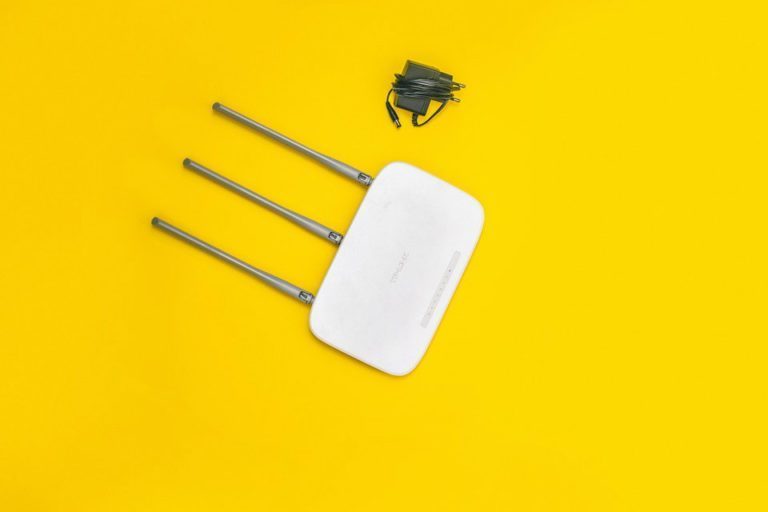
Your IP is: 85.158.6.170 – ISP: ScaleUp Technologies GmbH & Co. KG – Your status: Unprotected
Your IP is: 85.158.6.170 – ISP: ScaleUp Technologies GmbH & Co. KG – Your status: Unprotected
Your IP is: 85.158.6.170
Internet provider: ScaleUp Technologies GmbH & Co. KG
Your status: Unprotected






